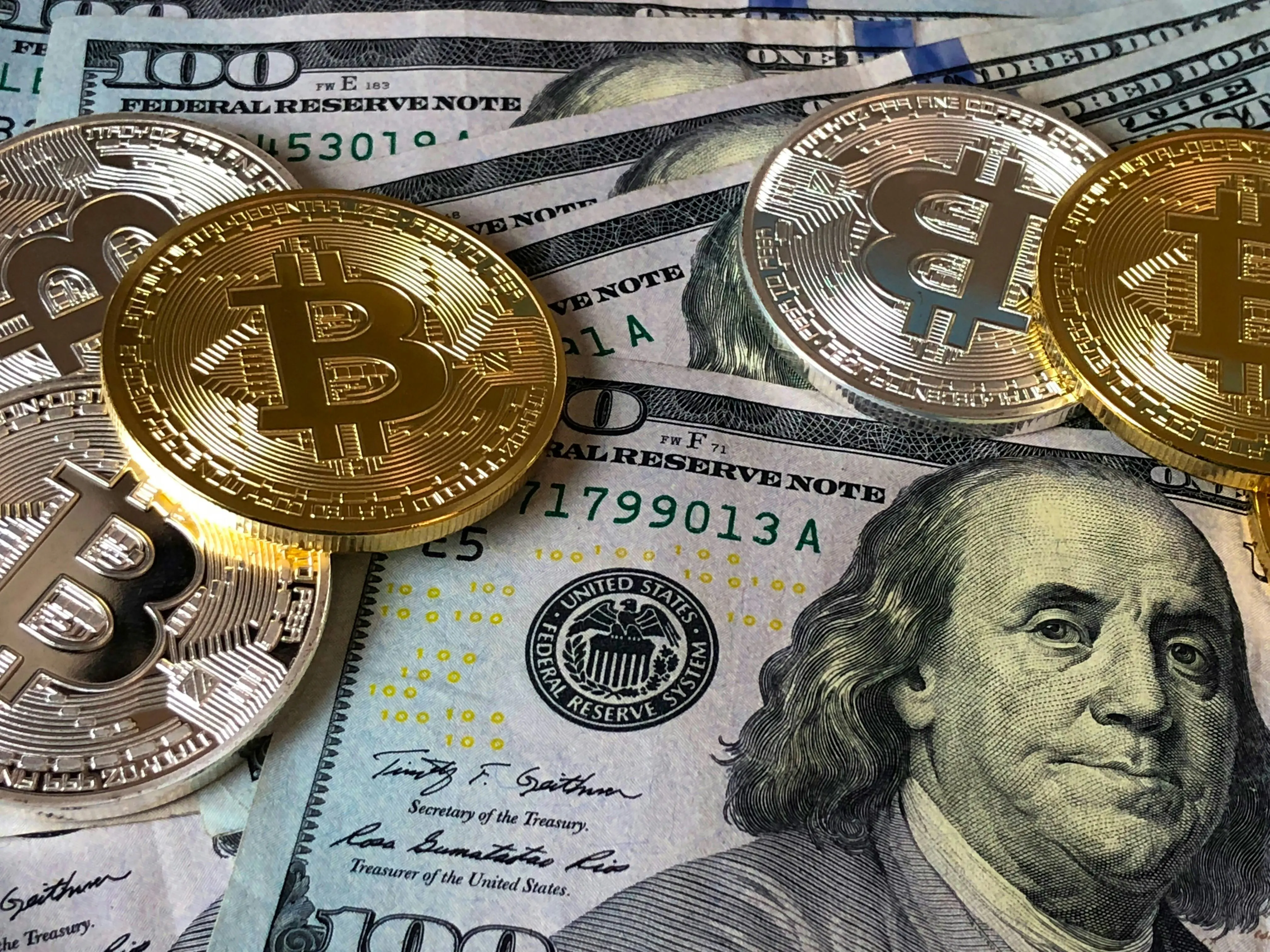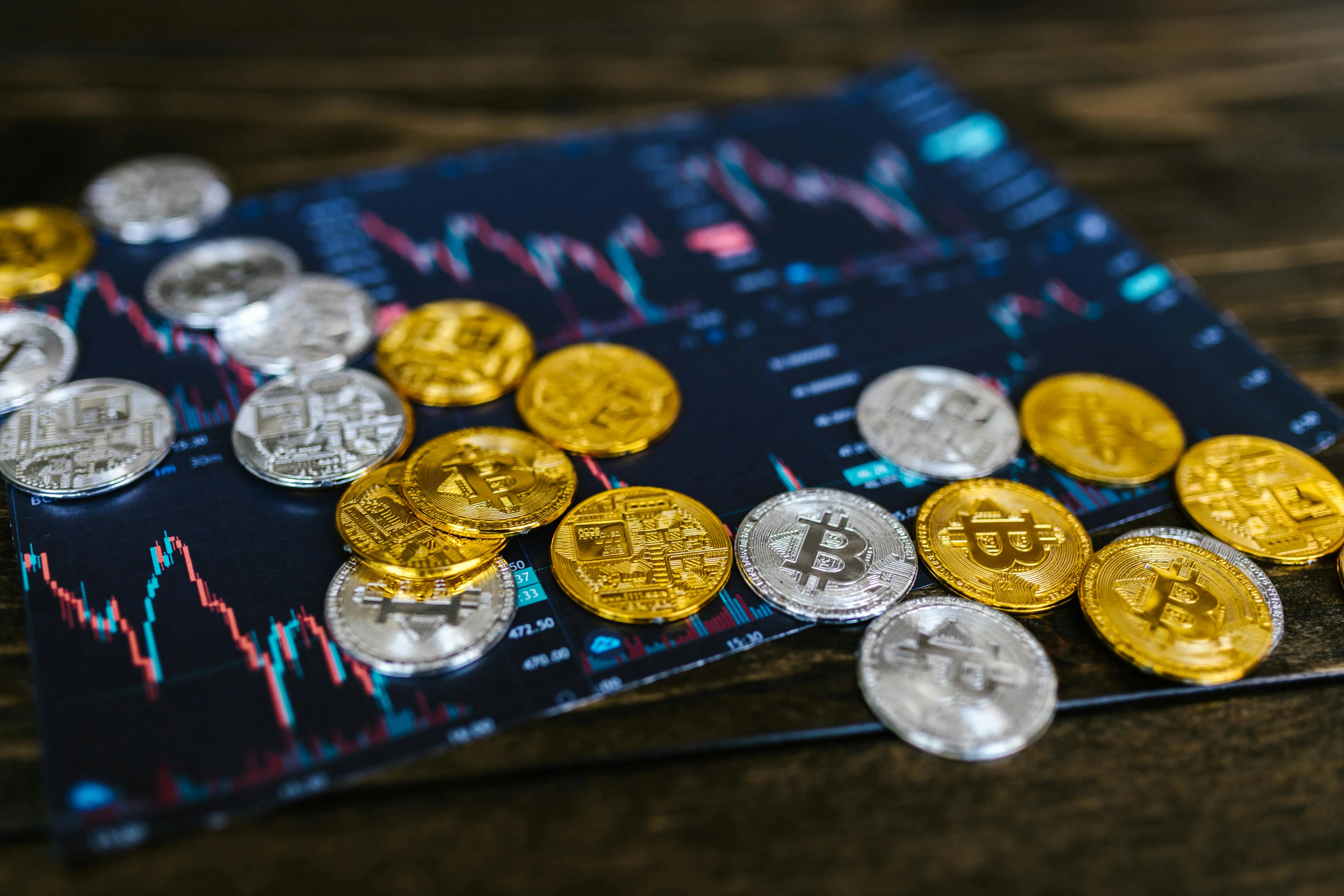Likes, Shares, and Blockchain: The Social Media Impact on Crypto Adoption
Take outs:
- Social media platforms are crucial for promoting and discussing cryptocurrencies, affecting public opinion and investment trends. Platforms like X, Reddit, and YouTube serve as key resources for educating new users about cryptocurrencies, blockchain technology, and investment strategies. Rapid information spread on social media can lead to extreme market volatility, often driven by influential figures like Elon Musk, memes, and viral trends.
- Decentralized communities thrive on social media, facilitating discussions on governance, project updates, and decentralized finance (DeFi) activities. Start-ups and crypto projects heavily rely on social media for announcements and community engagement, using platforms like Telegram and Discord for updates.
- The immediacy of social media fuels "fear of missing out," encouraging emotional investing and contributing to market volatility and speculative bubbles. Social media can amplify misinformation and scams, prompting efforts to enhance verification processes for authentic accounts.
- Social media has significantly contributed to the rise of NFTs, allowing creators to promote their work and connect with audiences directly.
- Increased discussions about cryptocurrencies have led regulators to monitor and implement stricter rules, impacting how cryptocurrencies are advertised and perceived.
- While social media fosters cryptocurrency adoption, it also presents challenges like misinformation and volatility. Balancing transparency and education is essential for sustainable growth.
The Social Media Impact on Crypto Adoption
Social media has become a powerful tool for spreading information, shaping opinions, and driving trends in various industries, including cryptocurrency. The decentralized and borderless nature of cryptocurrencies like Bitcoin, Ethereum, and numerous altcoins make them particularly conducive to being promoted and discussed through social media platforms. This intricate relationship between social media and cryptocurrency adoption reflects the power of digital communities and influencers in shaping the financial landscape, demonstrating how decentralized technologies and global social platforms are intertwined in driving innovation and investment trends.
Raising Awareness and Educating New Users
For many potential users, the idea of working with cryptocurrencies can be overwhelming. However, platforms like X, Reddit, and YouTube have now become central to educating the masses. Influencers, blockchain specialists, and other cryptocurrency advocates regularly post videos explaining how blockchain technology works, how to invest in cryptocurrencies, and which projects to watch.
Furthermore, Reddit and X serve as two key platforms for real-time discussions and debates on market fluctuations and technical analysis of different coins and projects. For example, subreddits like r/Cryptocurrency have numerous active users who discuss industry trends, emerging technologies, and the policies governing them. On X, public figures like Elon Musk have been known to influence market trends with just a single post.
YouTube, on the other hand, offers more structured content, such as advanced courses on specific investment strategies and overviews of particular cryptocurrencies. Many newcomers rely on these lessons as they explore the blockchain space, decentralized finance (DeFi), and even non-fungible tokens (NFTs).
Influence on Market Trends and Speculation
Information travels rapidly across social media, significantly impacting cryptocurrency markets and contributing to their extreme volatility. A single post or video can trigger mass speculation, leading to either upward or downward trends.
When Elon Musk posts about Dogecoin or Bitcoin, the prices often skyrocket, demonstrating a strong relationship between social media and cryptocurrency valuations.
Memes and viral trends also play a role in adoption. Cryptocurrencies like Dogecoin have gained massive popularity due to viral posts and memes on platforms like Reddit and X.
This unstable mix of speculative investment and social media exposure has attracted both praise and controversy, raising concerns about market manipulation and misinformation.
Community Building and Decentralised Networks
Cryptocurrencies rely on decentralized communities for validation and growth. These communities have flourished on social media, with users discussing governance proposals, network upgrades, and use cases.
Decentralized Autonomous Organizations (DAOs), typically formed on platforms like Discord or Telegram, make decisions based on community input. These networks allow for open communication and control, which is essential for building trust in a decentralized system.
Social media is also crucial for conducting Initial Coin Offerings (ICOs), a form of crowdfunding that reaches potential investors through social channels. It is also used to promote staking, liquidity mining, and other decentralized finance (DeFi) activities.
Promoting New Projects and Tokens
Promotion of most start-ups and cryptocurrency projects relies heavily on social media. Depending on the nature of the product, platforms like X, LinkedIn, and Reddit are effective for announcements and community engagement. Additionally, communication channels such as Telegram and Discord often serve as the primary means for crypto projects to share updates, answer questions, and stay connected with their followers.
It is common for Initial Exchange Offerings (IEOs) and Initial Coin Offerings (ICOs) to advertise on social media to generate hype and attract early interest. Social media publicity campaigns are also launched alongside token releases, often sparking debates and critiques about their potential.
Driving FOMO
The “fear of missing out” (FOMO) among investors has been fueled by the immediacy of social media, particularly in the cryptocurrency space. Success stories of individuals making large profits from cryptocurrency investments prompt more users to join the market.
While this has brought more people into the spotlight, it has also led many to invest based on emotions rather than informed analysis, contributing to the market’s volatility. In some cases, this has resulted in speculative bubbles, where people are swept up by the hype rather than considering the intrinsic value of the cryptocurrency.
Myths and Hoaxes
The social nature of social media has amplified the spread of misinformation, pump-and-dump schemes, and other types of scams. Fraudulent projects can easily use social media platforms to scam unsuspecting investors with fake ICOs, giveaways, or investment proposals.
Several platforms are working to develop verification processes for authentic accounts and companies. X, for example, has started issuing verification badges for notable personalities and companies involved in cryptocurrencies. Additionally, some influencers have begun warning their followers about common crypto scams.
NFTs and the Creator Economy
The explosion of non-fungible tokens (NFTs) can be attributed to social media. Creators, artists, and musicians have leveraged platforms like Instagram, and X to promote their digital artwork and build NFT communities. Social media figures such as Snoop Dogg, Grimes, and Beeple have brought significant attention to NFTs, boosting their popularity to new heights.
As blockchain technology continues to integrate with the creator economy on platforms like YouTube and Instagram, artists can tokenize their work and connect directly with their audiences through a variety of new methods. This would not be possible without social media, which bridges the gap between creators and their supporters, facilitating easier promotion of NFT drops and the development of marketplaces.
Regulation and Public Discourse
The increased discussion about cryptocurrencies on social media has raised concerns among authorities. As a result, various regulators have started monitoring conversations and advertisements related to cryptocurrencies, ICOs, and exchanges, leading to the adoption of stricter rules to protect investors.
Platforms like Facebook and Google initially banned cryptocurrency ads but later relaxed these restrictions, allowing regulated businesses to advertise. This added legitimacy has helped make crypto projects appear more credible and opened up wider opportunities for promotion and adoption. However, regulation remains an evolving process, influenced by public discourse and ongoing developments in the space.
Conclusion:
Social media has been an integral part of the digital ecosystem in which cryptocurrency is being adopted at all levels — from education and project promotion to shaping market trends and fostering decentralized communities on platforms like X, Reddit, and YouTube. These platforms are central to the explosive growth of the industry. However, the same aspects of social media that drive cryptocurrency’s rapid expansion also present challenges, such as misinformation, scams, and volatility. As the cryptocurrency landscape continues to evolve, so too does its relationship with social media.
By leveraging social media effectively, the cryptocurrency sector is likely to maintain its path toward further mainstream adoption. However, a balance of transparency, education, and responsible community engagement will be essential to avoid the pitfalls of hype-driven speculation.
If you'd like assistance with your crypto related taxes, book a discovery session below.
Share this
You May Also Like
These Related Stories

The Argument for National Cryptocurrency Reserves

Digital Assets and Global Affairs: How Politics Drives Cryptocurrency Trends

/Brand/Logos/Kelly%20Partners%20Accountants%20Logo/Kelly-Partners-Accountants-Horizontal-Logo.webp?width=1500&height=212&name=Kelly-Partners-Accountants-Horizontal-Logo.webp)